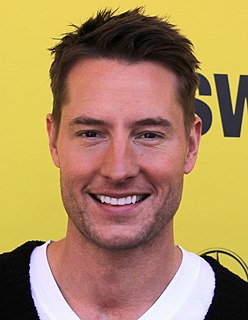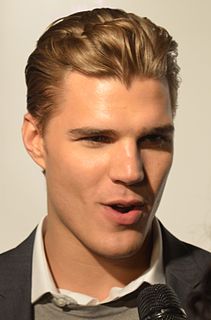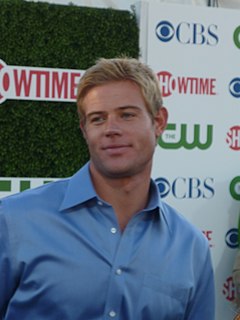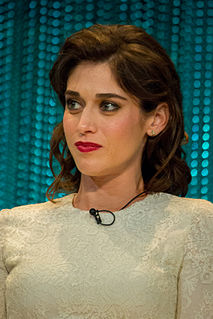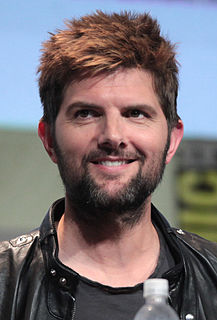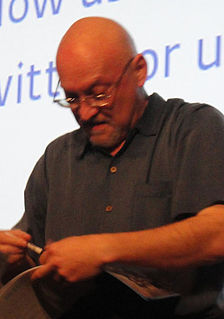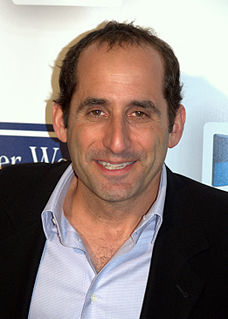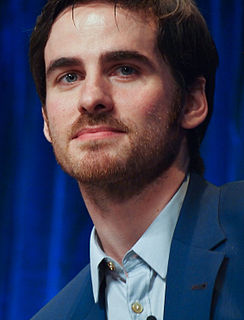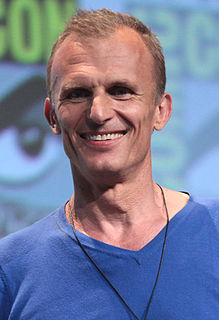A Quote by Justin Hartley
On a soap opera, you'll do an episode and a half a day, and in prime time television, you're hustling to get an episode done in eight days. That's a little bit frustrating sometimes. But there's also something exhilarating about it. It's kind of like live theater in a way, where you get one crack at it.
Related Quotes
We do want the freedom to move scenes from episode to episode to episode. And we do want the freedom to move writing from episode to episode to episode, because as it starts to come in and as you start to look at it as a five-hour movie just like you would in a two-hour movie, move a scene from the first 30 minutes to maybe 50 minutes in. In a streaming series, you would now be in a different episode. It's so complicated, and we're so still using the rules that were built for episodic television that we're really trying to figure it out.
I think what people watch television for is the emotional continuity, from episode to episode, and feeling that the experience that they had, four episodes ago, has actually been building to an episode that comes later, and knowing that the characters are growing, as a result of that, and making mistakes, is really, really important to the way people connect to television.
I'm still learning. It's all a learning curve. Every time you sit down, with any given episode of any given show, it is a learning curve. You're learning something new about how to tell a story. But then, I've felt that way about everything I've ever done - television, features or whatever. Directing or writing, it always feels like the first day of school to me.
I was talking to Shonda Rhimes the other day and I said, "I. Do. Not. Know. How. You. Do. This." While we're writing episode 10, episode 6 is shooting, episode 3 is in the edit, and episode 2 is in its color session...You've got seven episodes in different parts! It's a wild, wild, wild ride, which I thoroughly enjoyed. It was badass and amazing.
If you do an episode about something like transverse myelitis, it's a real disease that's out there, there are a lot of people that have it, and it's hard to get funding for them because people don't know about it. There are actually a lot of doctors that don't know about it. But if you do an episode of House, all of a sudden 15 million people are hearing the words, and it's an opportunity.
I love my situation as a spectator. The actors are only a little bit ahead of the audience. The audience discovers the episode when it's screened, but we actors only discover the episode when we get the script, two weeks ahead of shooting. Until then, we know nothing of the evolution of our characters.
